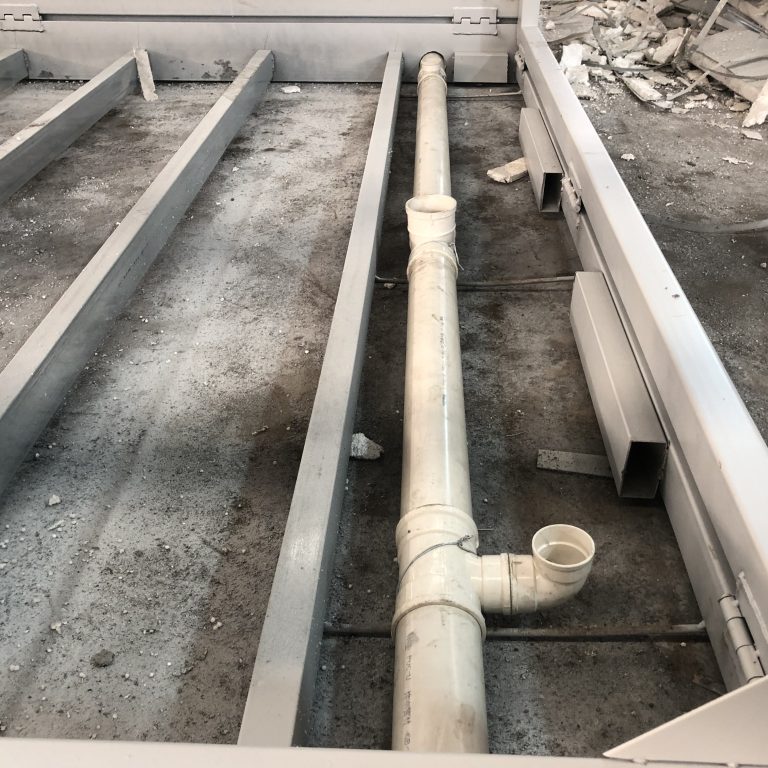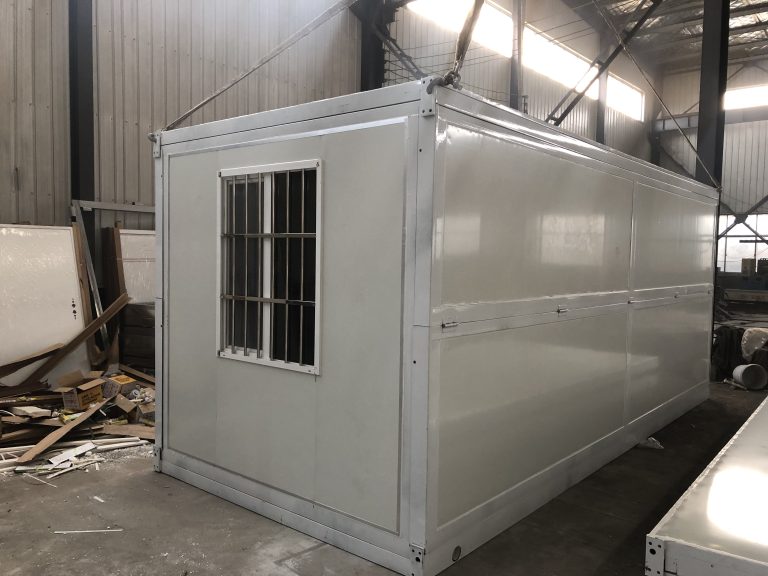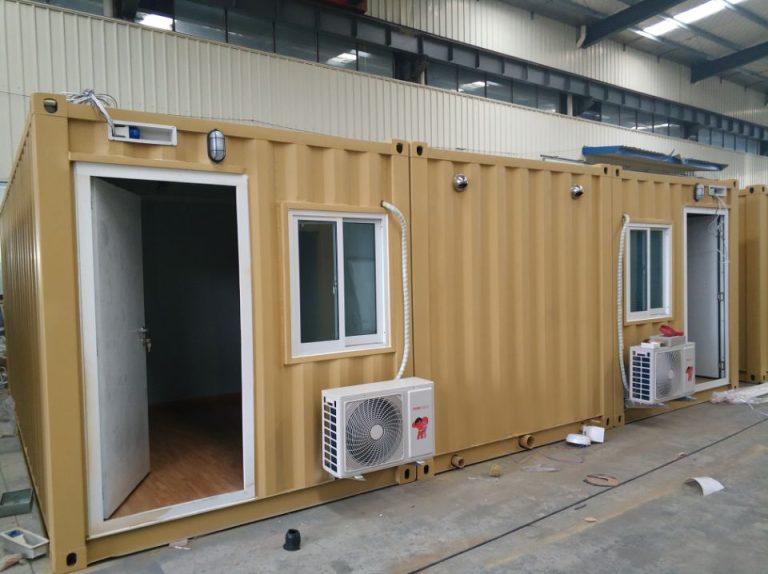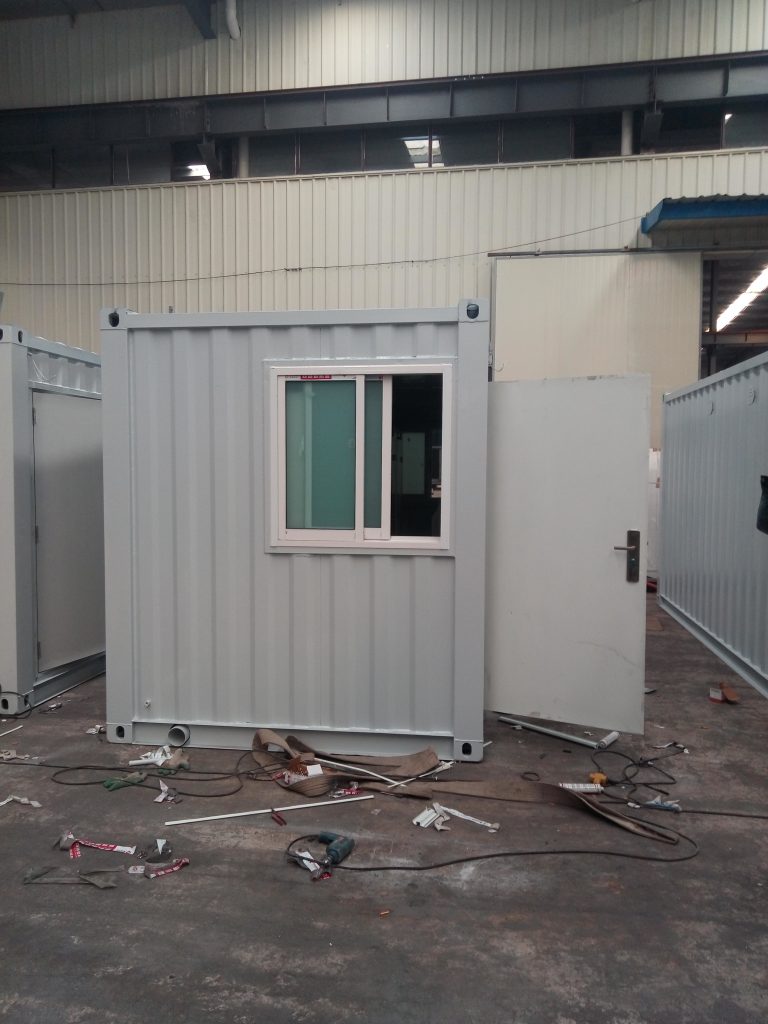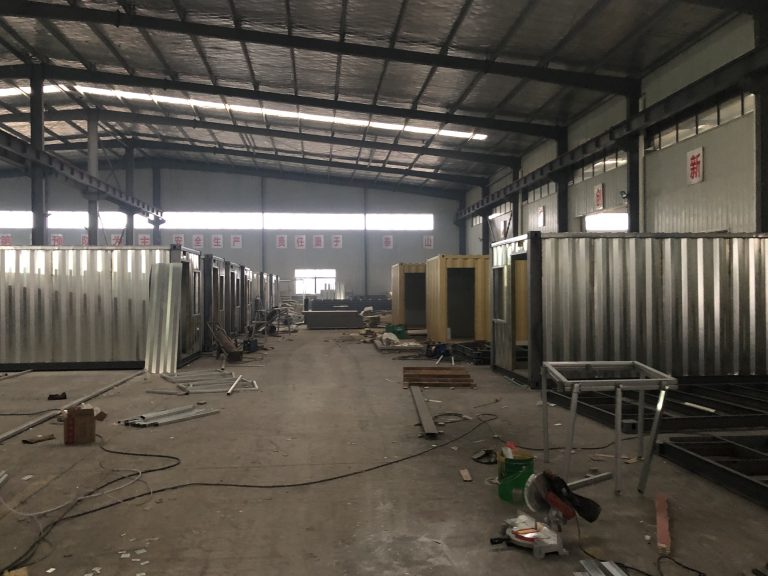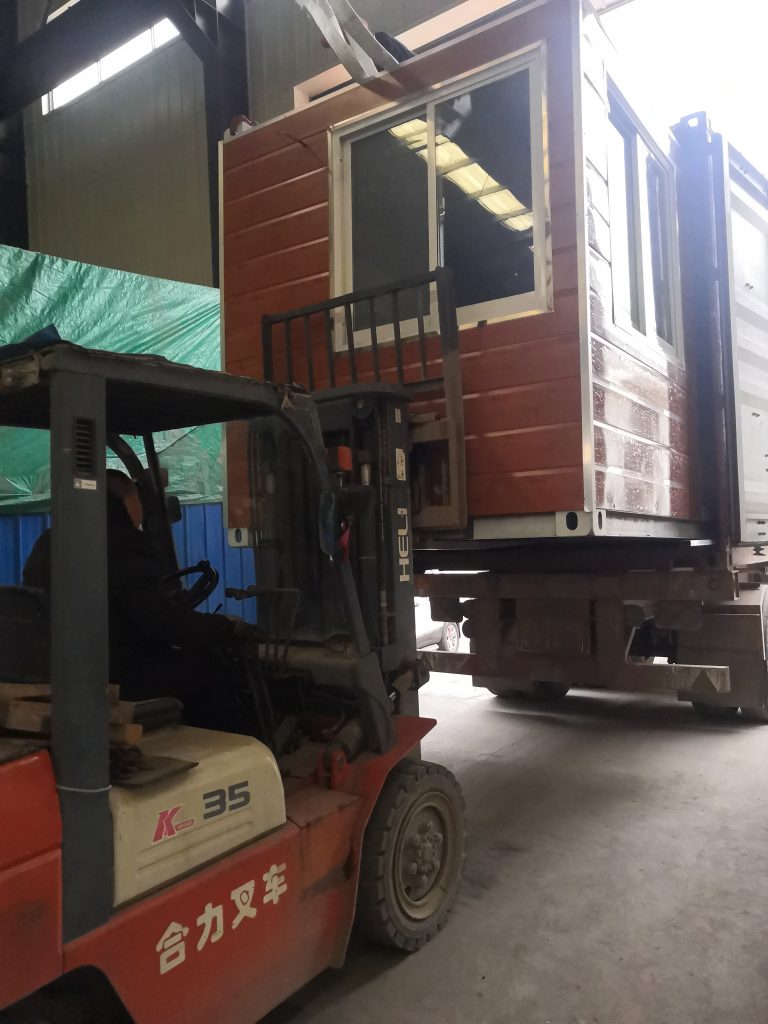Steel sewage treatment plants: infrastructure for environmental protection.
Table of Contents
Advantages of Steel Sewage Treatment Plants for Environmental Protection
Steel sewage treatment plants are a crucial component of modern infrastructure that plays a vital role in protecting the environment. These facilities are designed to treat wastewater from residential, commercial, and industrial sources before it is discharged back into the environment. Steel sewage treatment plants offer a number of advantages over other materials, making them an ideal choice for ensuring the effective treatment of sewage while minimizing the impact on the environment.
One of the key advantages of steel sewage treatment plants is their durability. Steel is a strong and resilient material that can withstand the harsh conditions often found in sewage treatment facilities. This durability ensures that steel sewage treatment plants can operate efficiently for many years, providing reliable treatment of wastewater without the need for frequent repairs or replacements. This not only reduces maintenance costs but also minimizes downtime, allowing the plant to continue operating smoothly and effectively.
In addition to their durability, steel sewage treatment plants are also highly resistant to corrosion. Corrosion is a common issue in sewage treatment facilities due to the presence of corrosive substances in wastewater. Steel’s resistance to corrosion ensures that the plant’s infrastructure remains intact and functional, even in the face of harsh chemical environments. This not only extends the lifespan of the plant but also reduces the risk of leaks or other environmental hazards that can result from corroded infrastructure.
Furthermore, steel sewage treatment plants are easy to clean and maintain. Steel surfaces are smooth and non-porous, making them resistant to the buildup of debris, bacteria, and other contaminants. This makes it easier to keep the plant clean and sanitary, ensuring that the treatment process remains effective and efficient. Regular maintenance of steel sewage treatment plants is also straightforward, requiring minimal effort and resources to keep the facility in optimal working condition.
Another advantage of steel sewage treatment plants is their flexibility and adaptability. Steel is a versatile material that can be easily customized to meet the specific needs of a sewage treatment facility. This allows for the design and construction of plants that are tailored to the unique requirements of different locations and applications. Whether a plant needs to treat a small volume of wastewater in a residential area or a large volume of industrial wastewater, steel sewage treatment plants can be designed to accommodate these needs effectively.
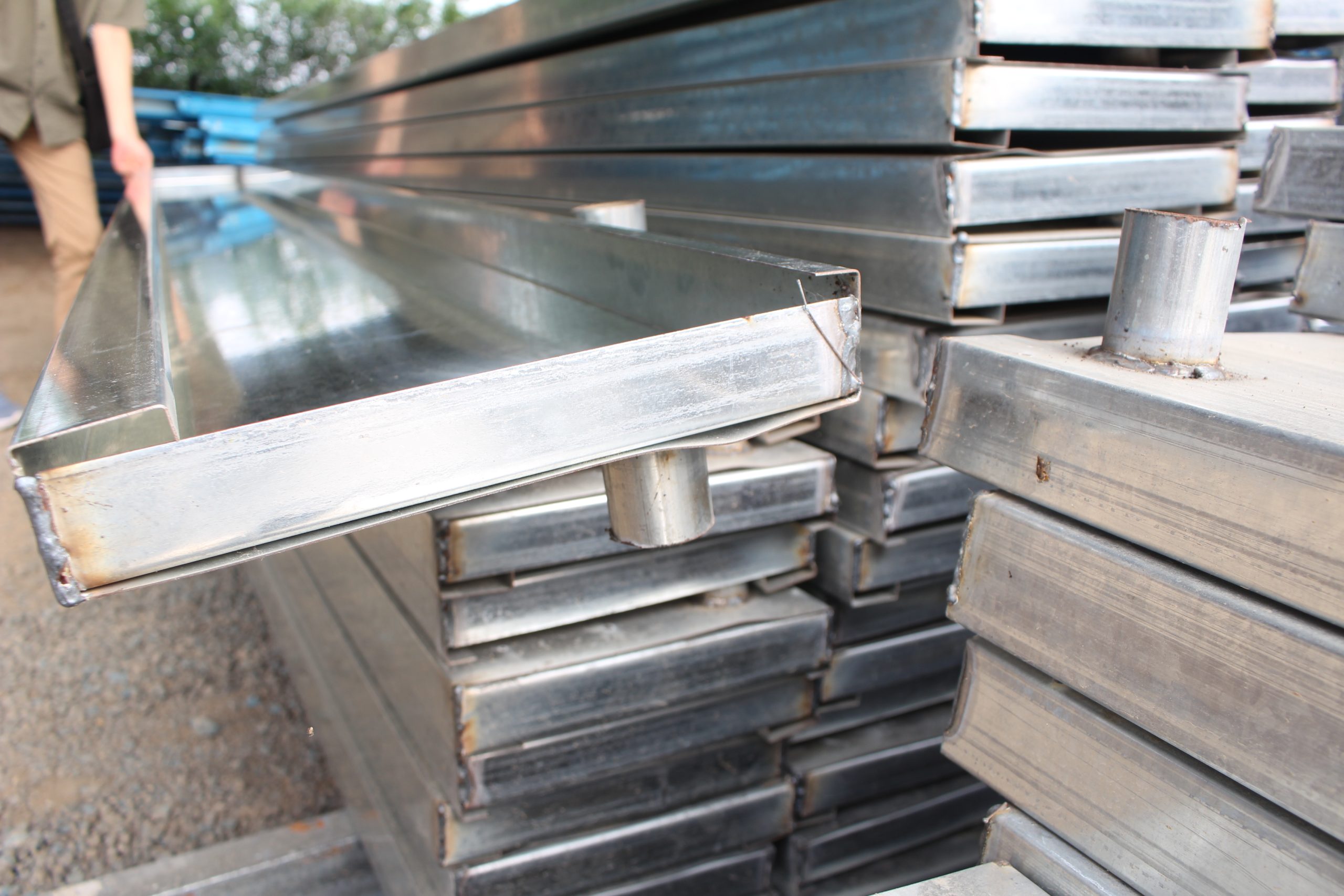
In conclusion, steel sewage treatment plants offer a range of advantages that make them an ideal choice for protecting the environment. Their durability, corrosion resistance, ease of maintenance, and flexibility make them a reliable and efficient option for treating wastewater while minimizing the impact on the environment. By investing in steel sewage treatment plants, communities can ensure that their wastewater is treated effectively and safely, helping to protect water quality and preserve the environment for future generations.
Cost-Effective and Sustainable Solutions for Steel Sewage Treatment Plants
Steel sewage treatment plants are becoming increasingly popular as a cost-effective and sustainable solution for managing wastewater. These plants play a crucial role in protecting the environment by treating sewage before it is discharged into water bodies. In this article, we will explore the benefits of steel sewage treatment plants and why they are considered essential infrastructure for environmental protection.
One of the key advantages of steel sewage treatment plants is their durability. Steel is a strong and long-lasting material that can withstand harsh environmental conditions, making it ideal for use in sewage treatment facilities. Unlike other materials, steel is resistant to corrosion and can last for decades with minimal maintenance. This durability ensures that steel sewage treatment plants can continue to operate efficiently for years to come, providing a reliable solution for wastewater management.
In addition to their durability, steel sewage treatment plants are also cost-effective. The initial investment in a steel plant may be higher than other materials, but the long-term savings make it a wise investment. Steel plants require less maintenance and have lower operating costs compared to other materials, making them a cost-effective solution for municipalities and industries looking to manage their wastewater efficiently.
Furthermore, steel sewage treatment plants are environmentally friendly. These plants are designed to treat sewage and remove harmful pollutants before they are discharged into water bodies. By treating wastewater effectively, steel plants help to protect the environment and prevent pollution of rivers, lakes, and oceans. This is essential for maintaining the health of ecosystems and ensuring clean water for future generations.
Another benefit of steel sewage treatment plants is their flexibility. Steel is a versatile material that can be easily customized to meet the specific needs of a wastewater treatment facility. Whether a plant needs to treat a small amount of sewage or a large volume of wastewater, steel can be tailored to accommodate different capacities and requirements. This flexibility makes steel sewage treatment plants suitable for a wide range of applications, from small municipalities to large industrial facilities.
In conclusion, steel sewage treatment plants are essential infrastructure for environmental protection. These plants offer a durable, cost-effective, and sustainable solution for managing wastewater and protecting the environment. With their durability, cost-effectiveness, environmental friendliness, and flexibility, steel sewage treatment plants are a reliable choice for municipalities and industries looking to invest in wastewater management infrastructure. By choosing steel sewage treatment plants, we can ensure the long-term health of our water bodies and contribute to a cleaner and healthier environment for all.

